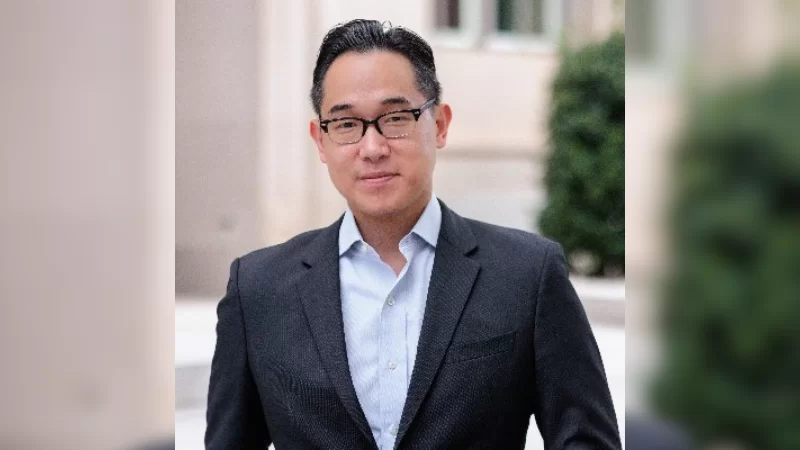Ji Kim, the General Counsel and Head of Global Policy for the Crypto Council for Innovation, a global organization focused on promoting innovation in the digital asset industry, has stated that he, the Financial Stability Oversight Council (FSOC), and members of Congress concur that lawmakers should establish a regulatory framework for the digital asset industry, which would provide clarity for those involved in the industry. Kim made these comments during a House Financial Services Subcommittee on Digital Assets, Financial Technology and Inclusion hearing titled "Regulatory Whiplash: Examining the Impact of FSOC’s Ever-changing Designation Framework on Innovation."
"Despite the fact that the digital assets market does not currently rise to be a systemic risk warranting FSOC’s direct intervention, FSOC has made certain recommendations to best address any potential outstanding risks," Kim said. "Specifically, FSOC has 'urged' Congress to pass appropriate legislation that provides (i) federal financial regulators with explicit rulemaking authority over the spot market for crypto-assets that are not securities and (ii) for a comprehensive framework for stablecoin issuers that would address the associated market integrity, investor and consumer protection, and payment risks. I agree with FSOC and believe that it is critical for Congress to provide additional regulatory certainty through thoughtful and forward-leaning legislation. Members of Congress have agreed with the benefits of creating a deliberate and consistent framework for digital assets by introducing dozens of related bills in recent years."
In October 2022, according to a press release from the Treasury Department, FSOC released its "Report on Digital Asset Financial Stability Risks and Regulation." Treasury Secretary Janet Yellen said at that time, "The report concludes that crypto-asset activities could pose risks to the stability of the U.S. financial system and emphasizes the importance of appropriate regulation, including enforcement of existing laws."
In his testimony, Kim stated that FSOC does not need to "interject itself" into the digital asset ecosystem for several reasons. These include the fact that the industry is already subject to numerous state and federal regulations, and members of Congress are working towards implementing legislation that would fill in any regulatory gaps. He cited as an example that digital assets are subject to the Commodity Futures Trading Commission’s (CFTC) anti-fraud rules and the Financial Crimes Enforcement Network's (FinCEN) "financial crimes and money services business frameworks."
Kim also said that passing legislation related to stablecoins and digital asset market structure would benefit the industry by providing additional clarity and protection to consumers. He added that the Financial Innovation and Technology for the 21st Century Act (FIT21) would bring "much needed clarity" to the issue of which digital assets should be under the jurisdiction of the CFTC and which should be overseen by the Securities and Exchange Commission (SEC). According to Kim, "FIT21 would provide the CFTC with clear authority to regulate the spot markets for digital commodities, addressing a specific area where FSOC has recommended Congress should act."
Kim emphasized in his testimony that FSOC should not target the digital asset industry, which he described as being in its early stages of development with a goal of creating alternatives for consumers. He stated, "It is critical to undertake the regulation of digital assets in a coordinated fashion to allow for this innovation to continue to grow responsibly in the United States."
Before joining Crypto Council for Innovation, Kim served as general counsel and head of policy and regulatory affairs at Gemini, a digital asset exchange, according to the council's website. In this role, Kim led Gemini's legal and regulatory affairs team while also overseeing government engagement strategy implementation. Prior roles include senior attorney at crypto exchange Kraken and attorney at Willkie Farr & Gallagher LLP.









